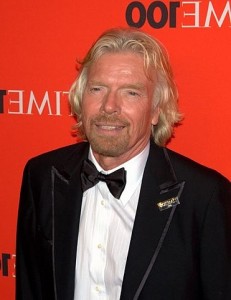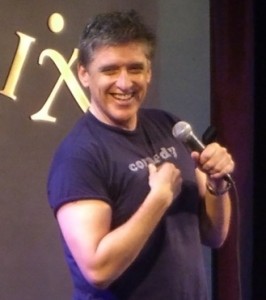 Staying true to your self includes knowing how you feel about your place of employment and working consciously with those feelings. Your emotions might bring you to spring out of bed some workday mornings, to stay late agreeably, or, in Greg Smith’s case, to quit.
Staying true to your self includes knowing how you feel about your place of employment and working consciously with those feelings. Your emotions might bring you to spring out of bed some workday mornings, to stay late agreeably, or, in Greg Smith’s case, to quit.
And then write about it in the New York Times.
The former executive director and head of Goldman Sach’s United States equity derivatives business in Europe, the Middle East and Africa was mad as hell, and not gonna take it anymore.
Among his criticisms:
The firm has veered so far from the place I joined right out of college that I can no longer in good conscience say that I identify with what it stands for.
I am sad to say that I look around today and see virtually no trace of the culture that made me love working for this firm for many years. I no longer have the pride, or the belief.
I knew it was time to leave when I realized I could no longer look students in the eye and tell them what a great place this was to work.
These days, the most common question I get from junior analysts about derivatives is, “How much money did we make off the client?” It bothers me every time I hear it, because it is a clear reflection of what they are observing from their leaders about the way they should behave.
Goldman Sachs today has become too much about shortcuts and not enough about achievement. It just doesn’t feel right to me anymore. Read more





